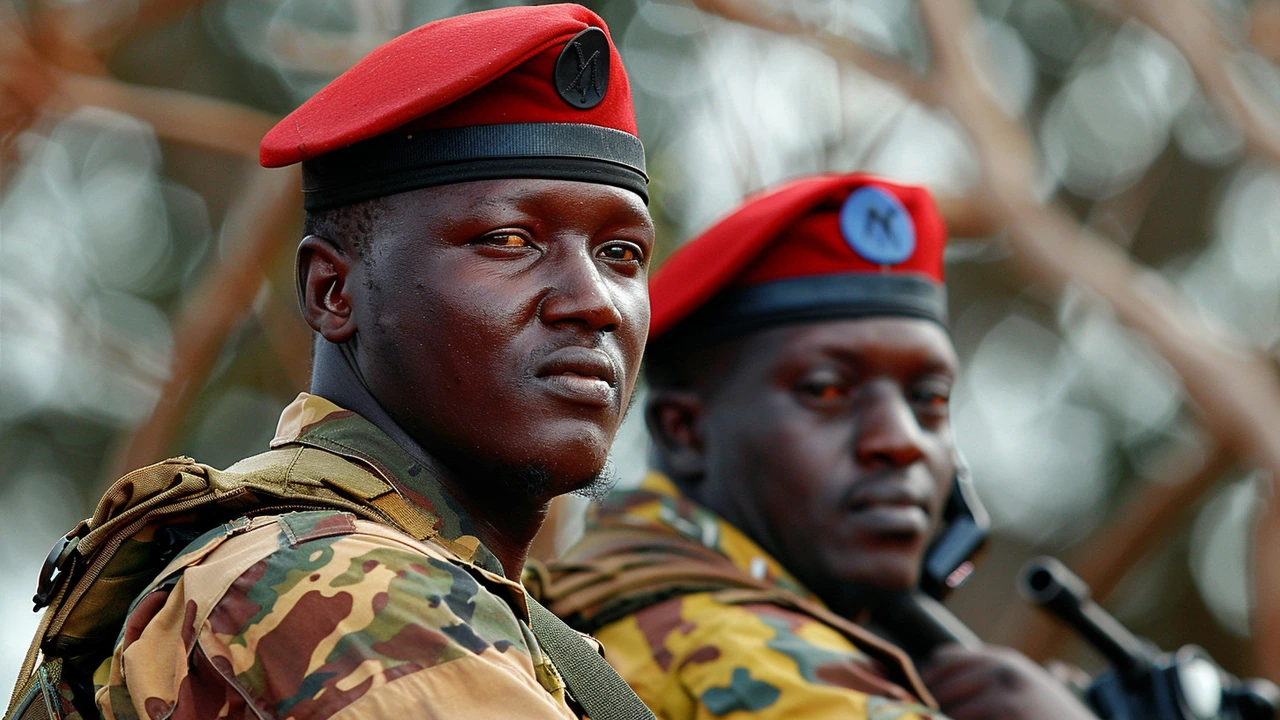If you’ve followed the news in Africa over the last few years, you’ve probably noticed: military juntas are making headlines again—and not in a good way. From West Africa to the central region, countries are seeing governments overthrown overnight, leaders detained, and soldiers stepping up to take control. Why are military takeovers on the rise, and what does this mean for everyday people, wildlife, and even business on the ground?
A military junta is when the armed forces—usually a group of top generals or commanders—take control of the government by force. Sometimes, they claim it’s to restore order, fix corruption, or stop economic free-fall. Other times, it’s about keeping power in the hands of a small group. Either way, normal democratic processes fly out the window. Regular folks see curfews, closed borders, power cuts, and even changes to how they live day-to-day.
The big question: what makes these coups happen? There’s never just one reason. In countries like Mali, Burkina Faso, and Guinea, frustration over corrupt politicians, stalled economies, and terrorism creeping across borders has opened the door for soldiers to step in. But history shows that once militaries take over, promises of quick elections and reform are rarely kept. Instead, uncertainty sticks around—stopping foreign investment, scaring off tourists, and leaving conservation efforts in limbo.
Military juntas don’t just shake up capital cities—they affect everyone, from small business owners to rural communities and even game farms working on wildlife conservation. Imagine a game farm looking after endangered rhinos and lions. Suddenly, there’s a coup: borders shut, funding dries up, and staff can’t get to work. Poaching spikes. International partners hesitate to help. These ripple effects show how a military takeover isn’t just political drama—it’s a real, everyday problem for people and wildlife alike.
Local and international reactions to military juntas are all over the place. The African Union, United Nations, and neighboring countries often slap on sanctions, close borders, or freeze aid. But this sometimes hurts regular people more than the generals in charge. It’s a tough balance between pressuring juntas to restore democracy and not making life even harder for folks on the ground.
Want the latest and most relevant coverage? Our African Game Farms Daily News tag on military juntas unwraps local news, expert opinions, interviews, and updates on how these power shifts impact not just politics, but everyday life, wildlife, and the tourism sector. We dig past the buzzwords—showing you what happens after the soldiers roll in, who’s taking a stand, who’s staying silent, and how communities push forward.
If you care about Africa’s future, staying up-to-date on military juntas is important. Whether you’re interested in politics, business, or wildlife, understanding how power struggles unfold will keep you ahead of the curve. Bookmark this page and check back for new reports, on-the-ground accounts, and straight talk about what’s next for the continent.

The military junta in Burkina Faso, led by Captain Ibrahim Traoré, has extended its rule until 2029. Citing the need to address security issues and implement reforms, the decision has sparked concerns regarding future instability and the undermining of democratic progress in the country.
Read More >>